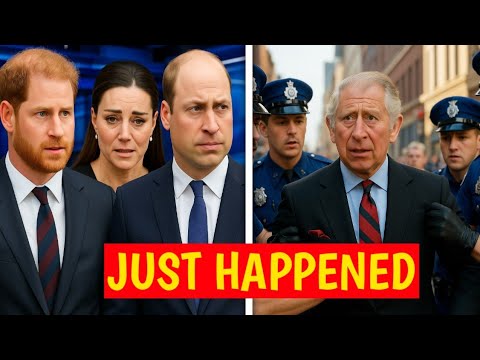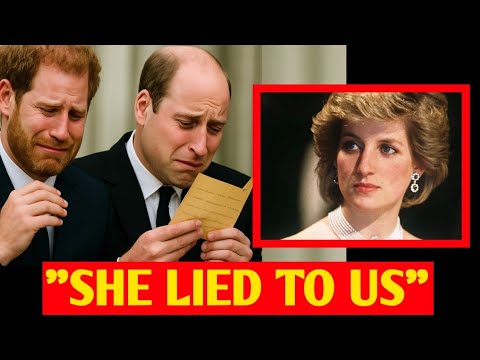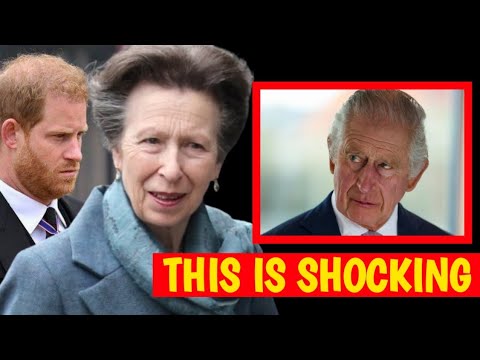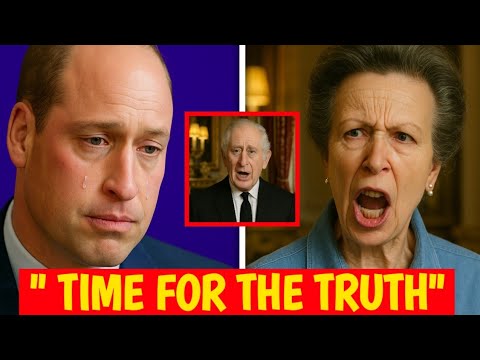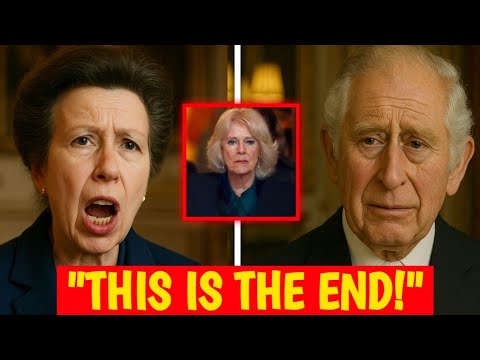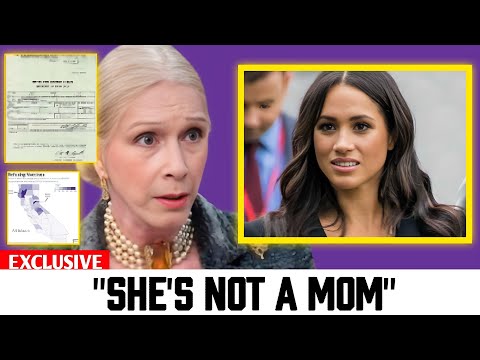
The recent allegations involving Meghan Markle and her son, Archie Harrison, have ignited a wave of speculation, primarily due to the shocking claims made by Lady Colin Campbell—often known simply as Lady C. According to her, the widely accepted story that Meghan is Archie’s biological mother may not be entirely truthful.
In a recent high-profile and controversial disclosure, Lady C reportedly revealed the existence of confidential adoption records that she claims pertain directly to Archie. If her claims are accurate, this would mean that Meghan and Prince Harry adopted Archie through a secretive process and have been keeping the truth from the public eye since the beginning of their son’s life.
But the controversy does not stop there. Lady C has gone even further, stating that Meghan also refused to follow critical medical advice by declining to vaccinate Archie against serious diseases. This decision, if true, would go against long-standing royal protocols and established public health standards, especially given that the British royal family has historically adhered strictly to medical and vaccination norms to protect both their members and the public.
Meghan’s supposed rejection of these guidelines could raise concerns about the safety of the child and challenge the trust placed in the couple’s parenting decisions.
These allegations are particularly inflammatory because they challenge the core of the narrative Meghan and Harry have presented since leaving their royal duties. They have often been portrayed as a progressive, modern couple breaking free from outdated traditions to forge a new path, particularly in the way they raise their children. But if Lady C’s assertions are to be believed, then this story has been underpinned by secrecy and deception from the very start. Meghan’s image as a devoted mother would be called into serious question, and the entire Sussex brand—built on authenticity and transparency—might unravel.
Lady C, known for her connections within British high society and her reputation for revealing royal secrets, is no stranger to controversy. Over the years, she has made numerous claims about members of the royal family, some of which have proven accurate, while others remain hotly debated. Her latest statements, however, could have ramifications that extend far beyond gossip.
If it is indeed true that Archie was adopted, this would raise legal and constitutional questions about royal succession and the child’s standing within the monarchy. Royal lineage has always been tightly protected, and any hint of non-biological parentage in such a high-profile case would be unprecedented in modern royal history.
Moreover, Lady C’s claim that Meghan orchestrated an elaborate cover-up to maintain the illusion of a natural birth adds another level of intrigue. She alleges that Meghan even went as far as crafting a false narrative around her pregnancy, possibly involving fabricated timelines and misleading public appearances. If this were proven, it would be one of the most significant image manipulations in recent royal history. Lady C contends that only a handful of individuals were ever aware of the adoption, and that those who were involved may have been legally or financially incentivized to maintain silence.
The alleged immunization issue also cannot be overlooked. Within the framework of royal obligations and public influence, declining vaccinations for a royal child is seen not just as a personal choice, but as a public health message. For someone as visible as Meghan, such a move—if confirmed—could send conflicting signals to millions of followers and even undermine public trust in established health policies. Lady C suggests that Meghan’s decision stemmed not from medical advice, but from personal beliefs that clashed with those of the royal family and healthcare professionals.
These explosive assertions have caused a media frenzy, reigniting debates around Meghan and Harry’s integrity and the trustworthiness of their public persona. Their silence on these new allegations, which mirrors their past strategy of limited direct engagement followed by selective legal or media responses, has only added to the speculation. While no conclusive proof has yet been presented to the public, Lady C insists that there are sealed documents—hidden from public view—that corroborate her claims. She states that these records are stored in secure legal and possibly even offshore archives, shielded by powerful interests intent on maintaining the status quo.
Social media platforms and news outlets are now awash with renewed discussions, with some believing Lady C’s claims to be a long-overdue exposé, while others view them as unfounded attempts to stir controversy. Nonetheless, the mere possibility that such fundamental aspects of Meghan and Harry’s narrative might not be true has caused shockwaves. The implications are vast: from potential damage to the couple’s brand and legal entanglements regarding misrepresentation, to more profound constitutional questions about royal succession rights and the criteria for inclusion in the line of inheritance.
The world now finds itself watching closely, waiting to see if the Sussexes or Buckingham Palace will officially address these claims. Historically, the royal institution remains silent on personal issues to avoid dignifying rumors, but the magnitude of these allegations may demand a deviation from protocol. Meanwhile, Lady C has hinted that more revelations are imminent, suggesting that what has already been disclosed is only a fraction of a larger, more complex story.
The core question now echoing through public discourse remains simple but deeply unsettling: who is Archie Harrison, really? Is he the biological child of Meghan and Harry, as the world was led to believe, or is he part of a carefully managed illusion crafted to preserve a certain image? As this controversy continues to unfold, it has become more than just a question of parentage—it’s a story about truth, perception, and the extraordinary power of secrecy in shaping public narratives.
